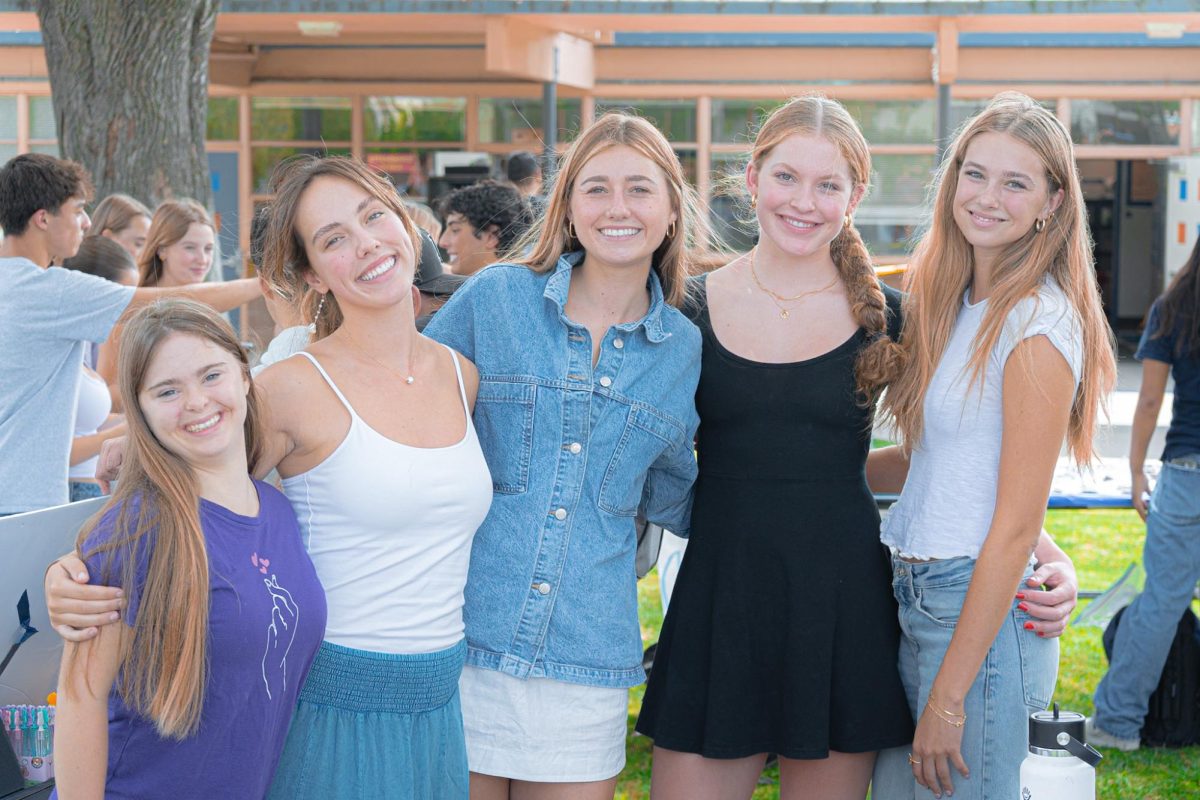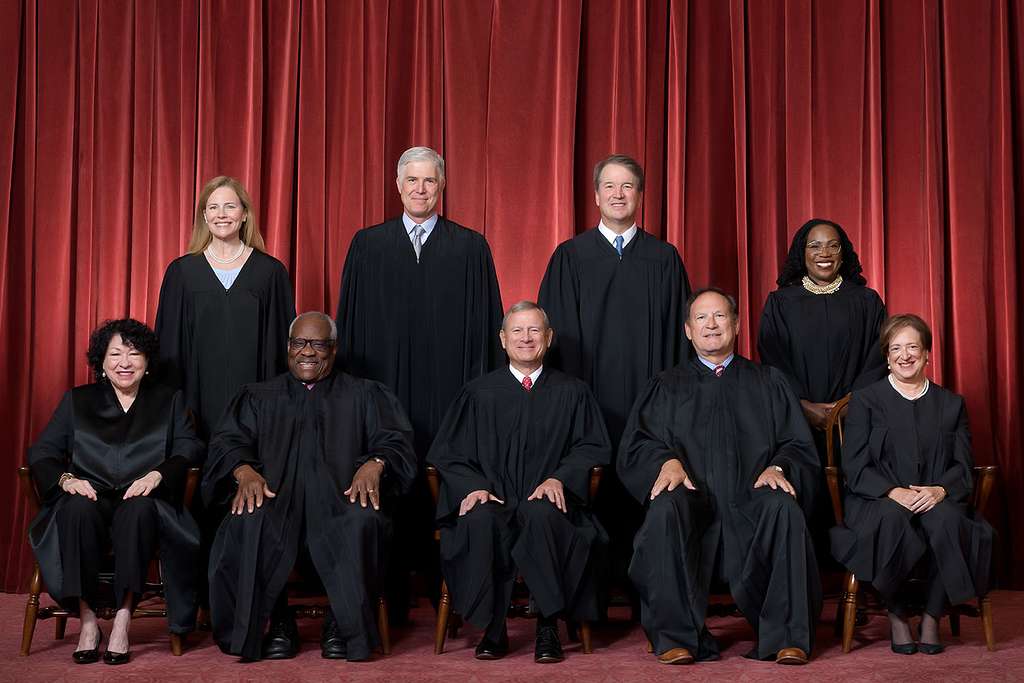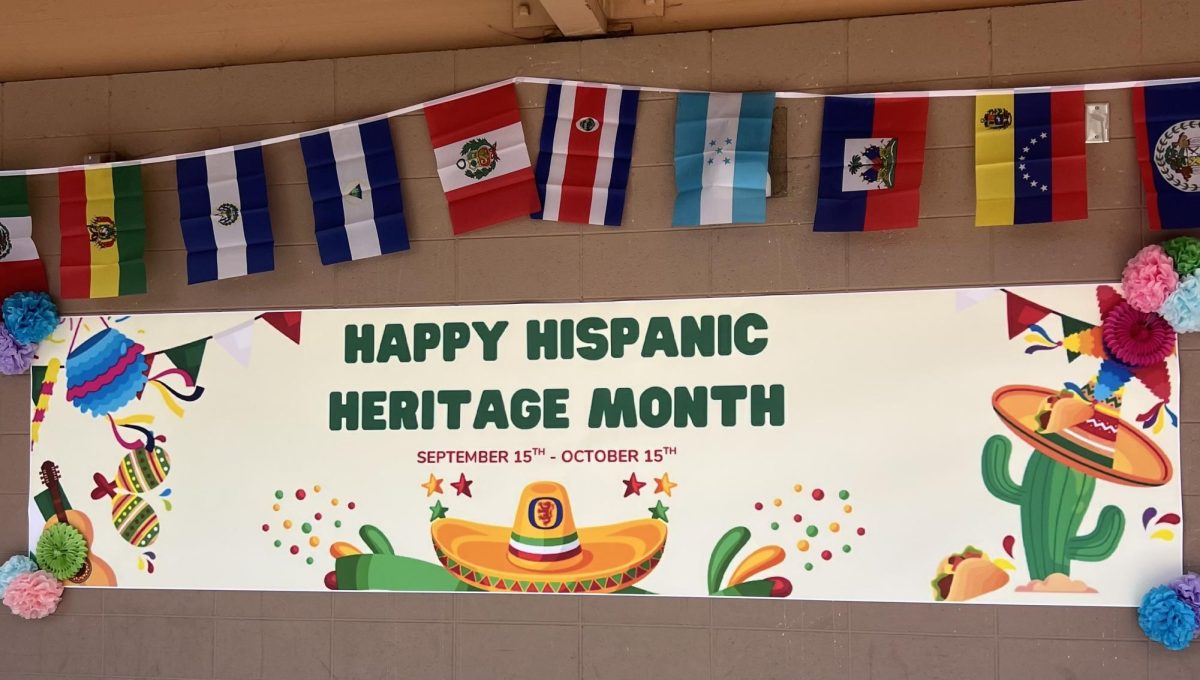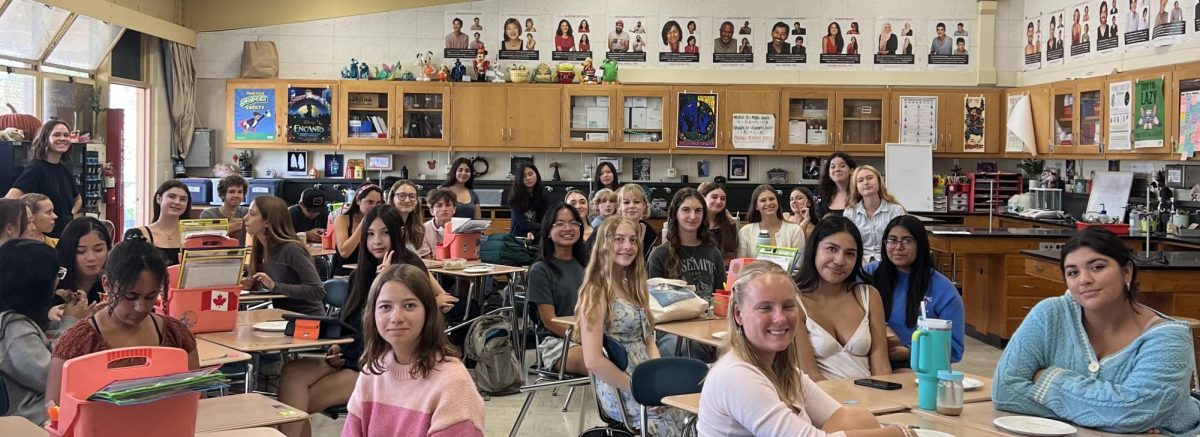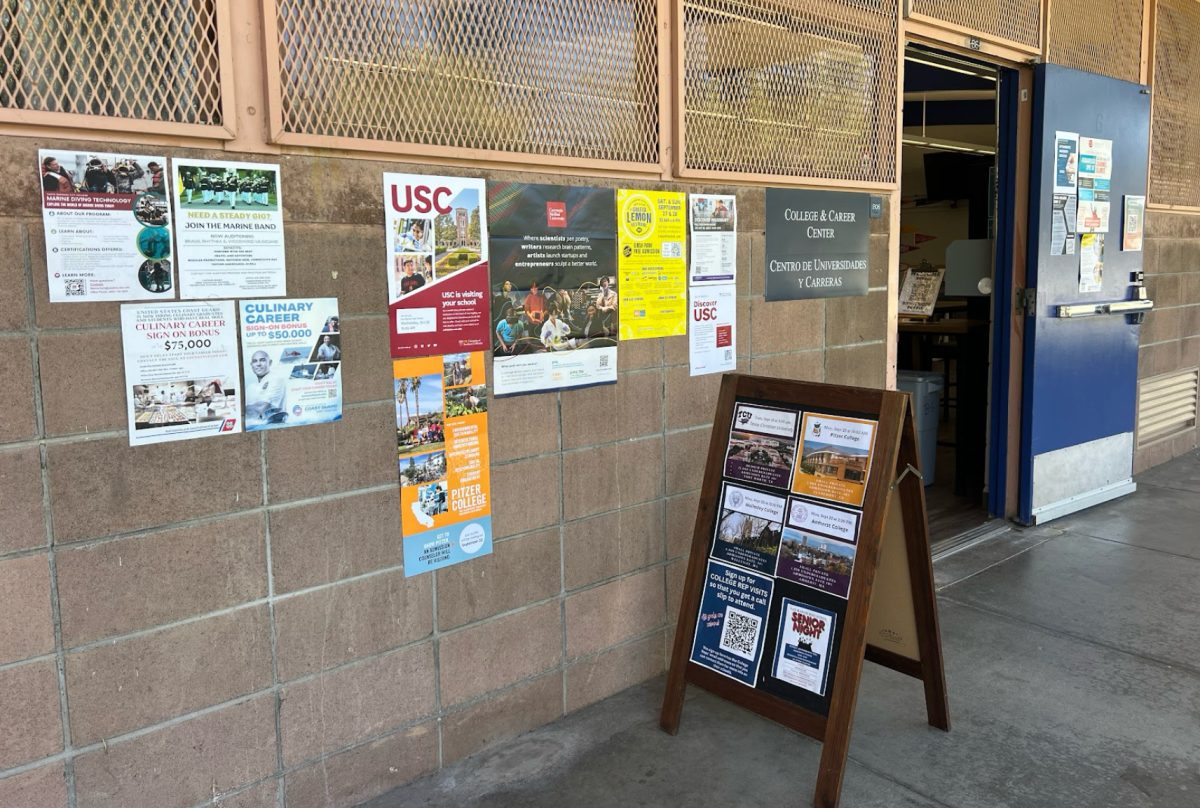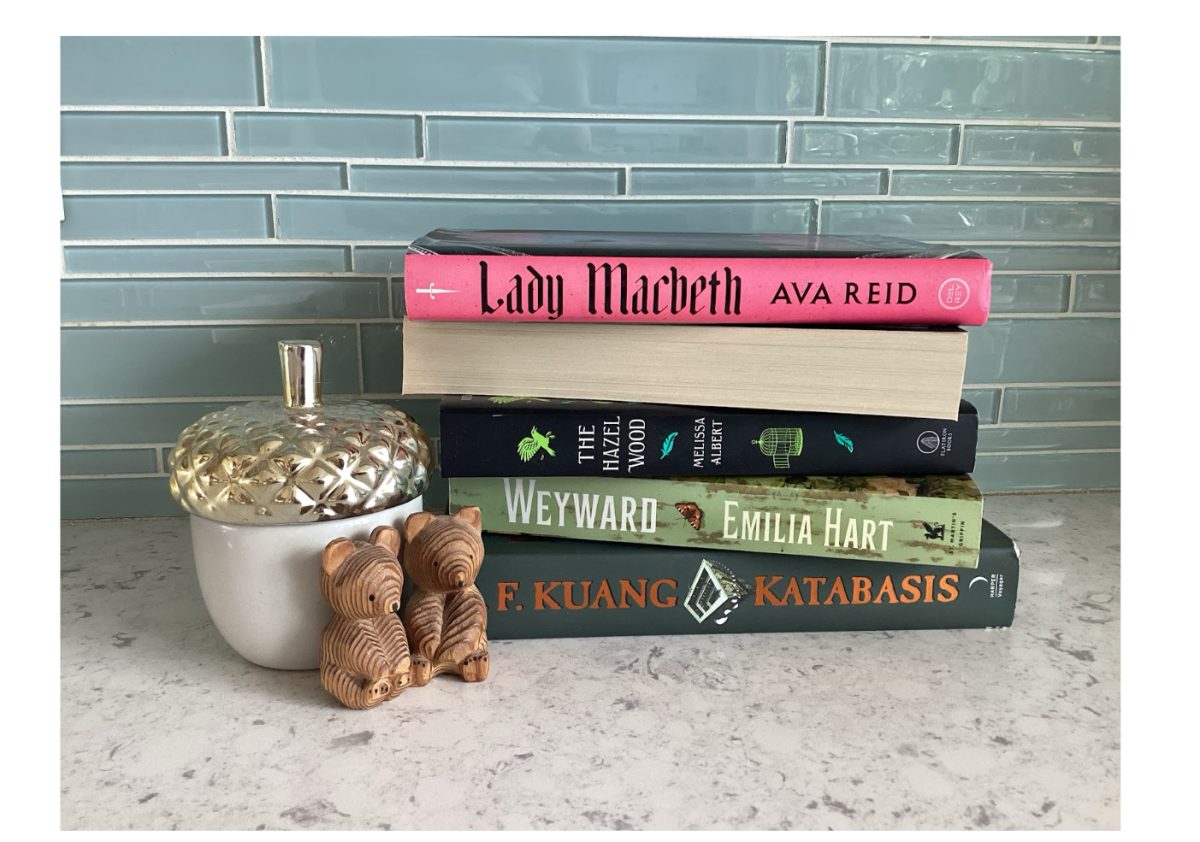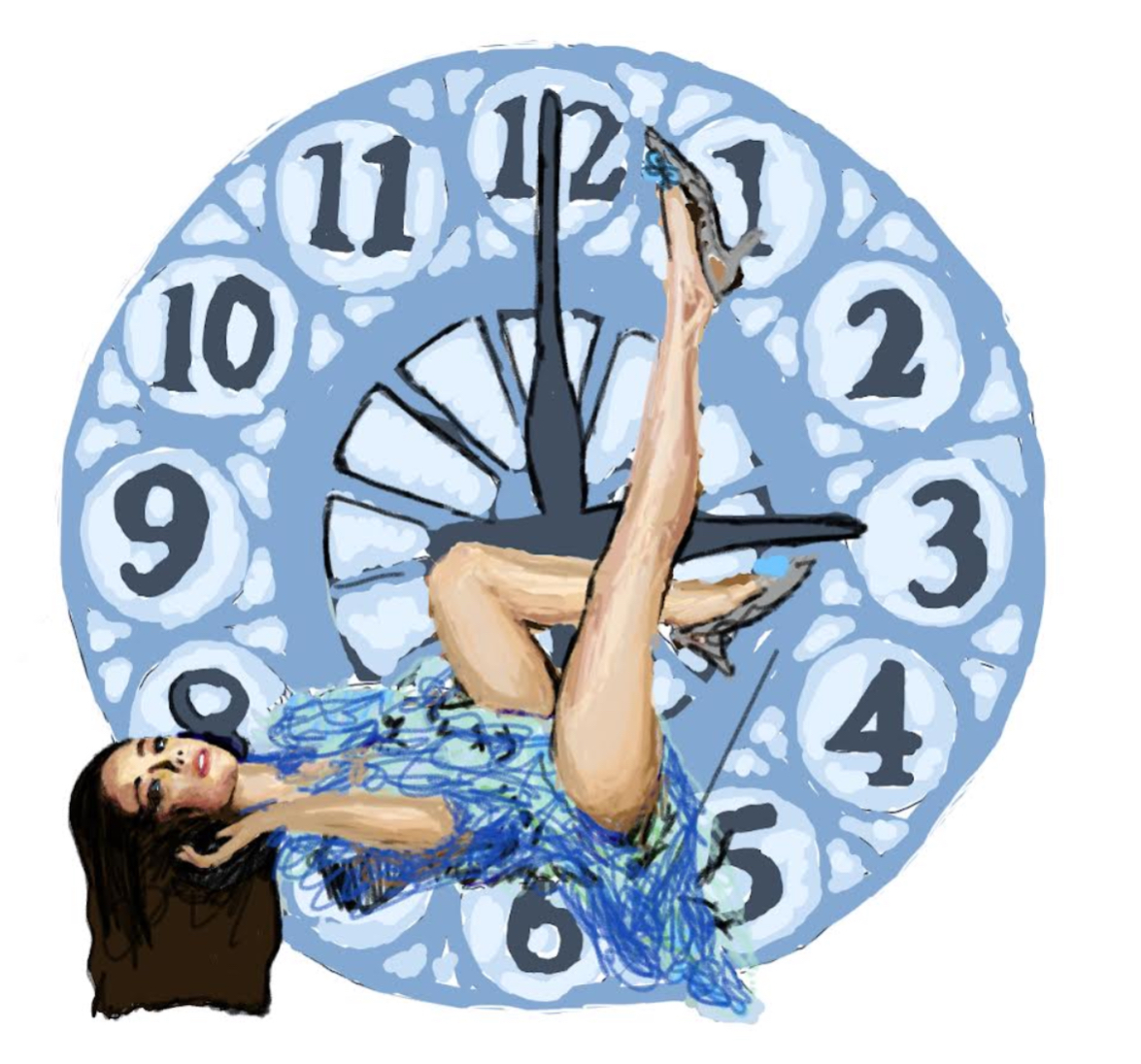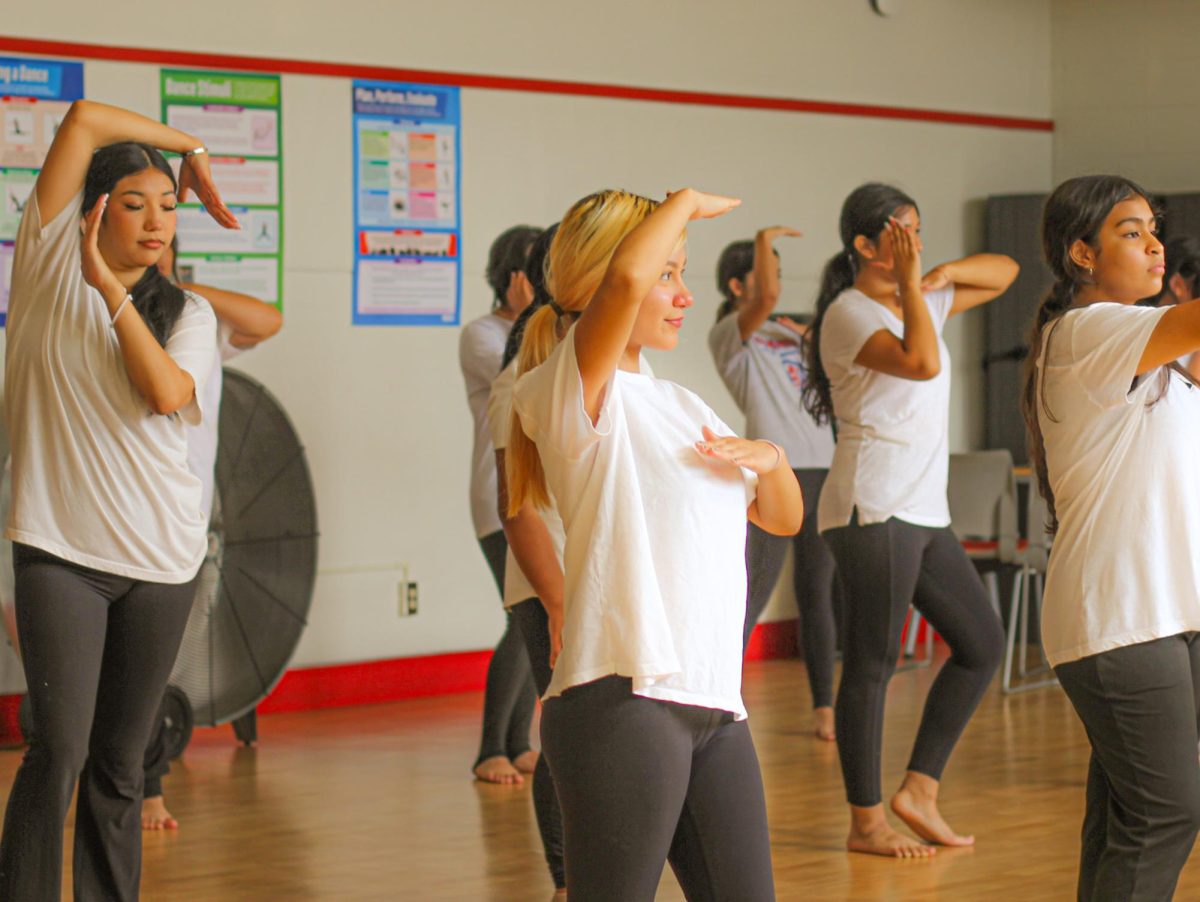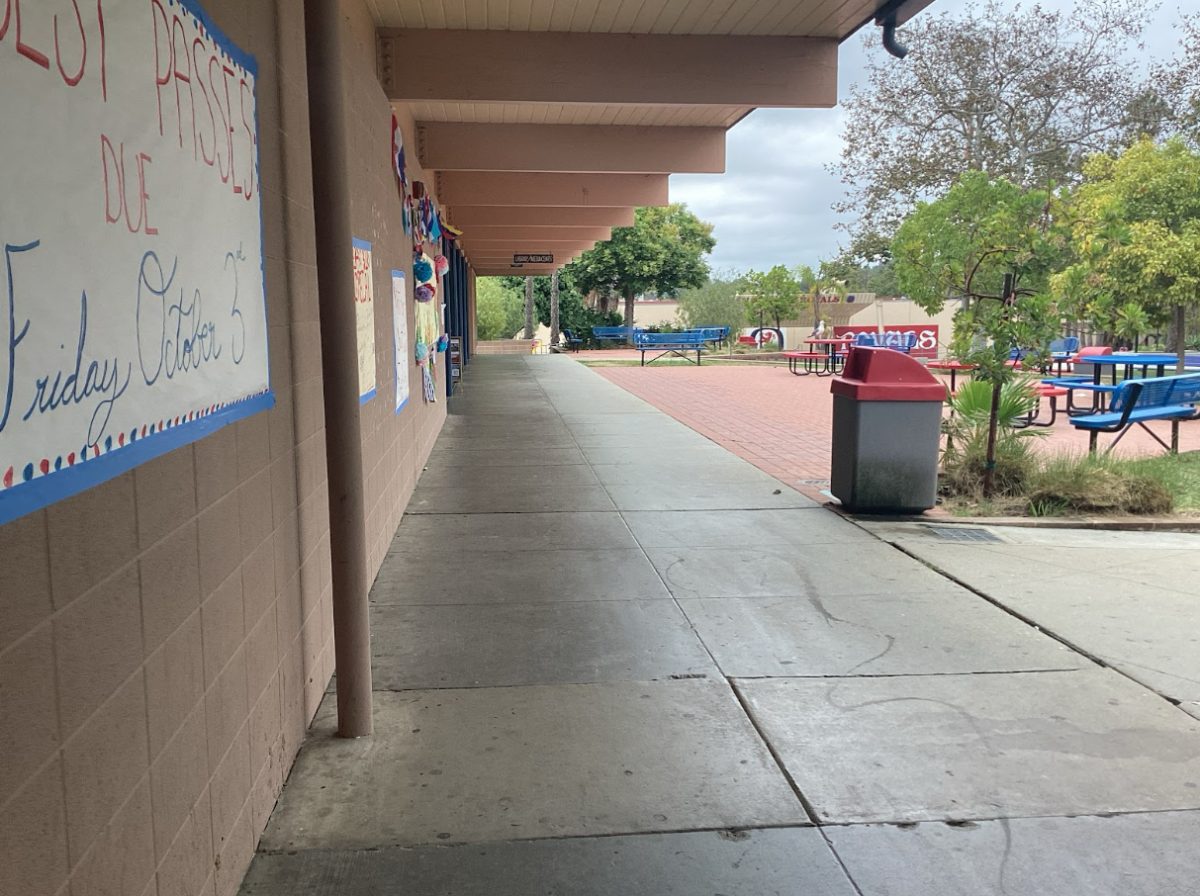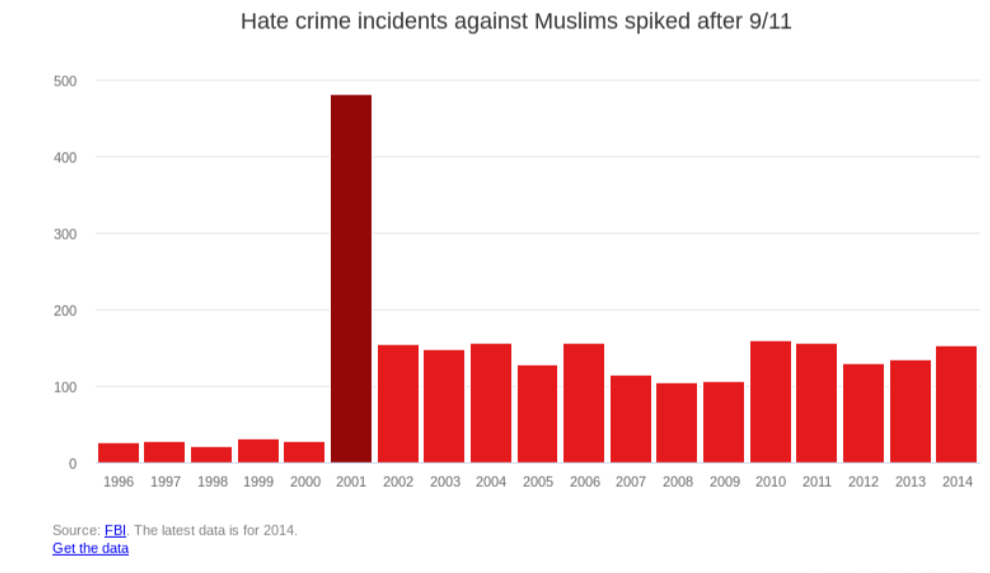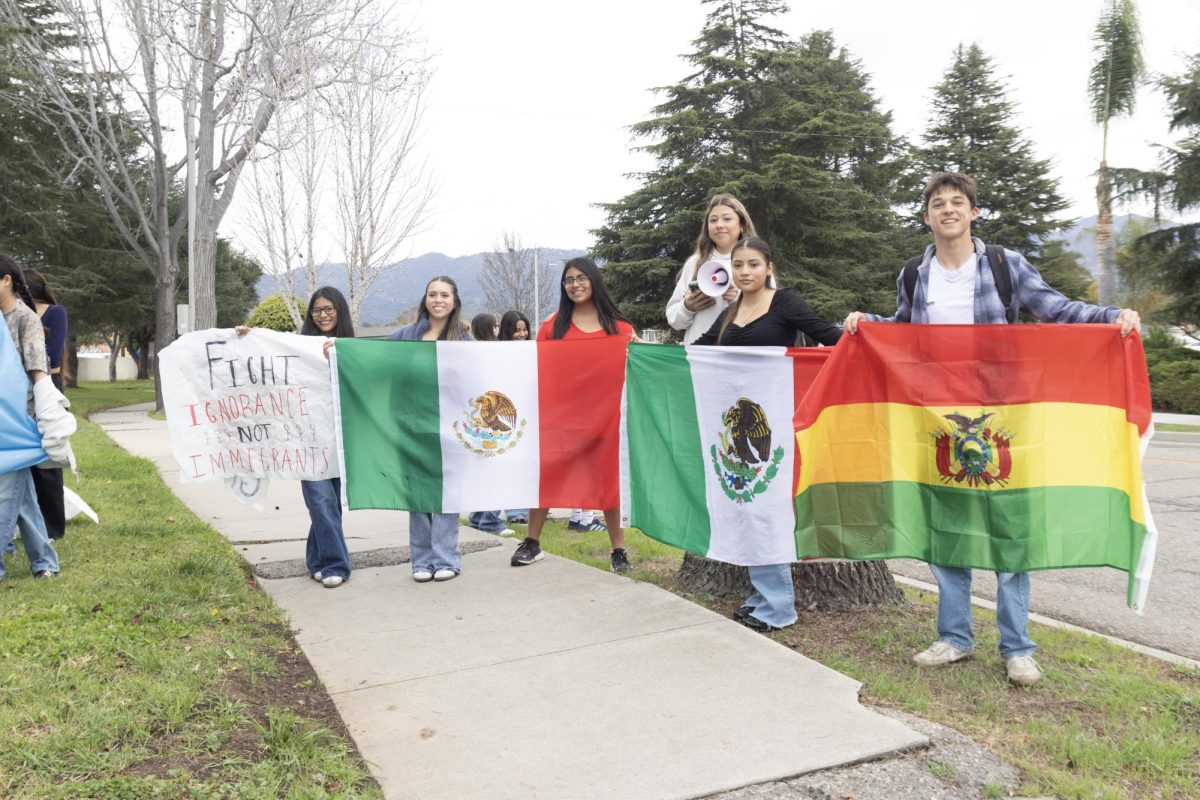Following the horrific events of 9/11, which caused the deaths of almost 3,000 American’s, people grew angry. Though the hatred from their losses was justified, we can prominently claim that some became blinded by it instead of targeting just those involved. This resulted in a significant rise in Islamophobia in the U.S.
“I was afraid to go outside. If I stayed inside, I couldn’t mess up, except maybe with my words, which I policed carefully. I couldn’t speed, I couldn’t frighten anyone, I couldn’t break any law — no matter how tenuous — and therefore couldn’t be thrown in Gitmo,” says American Muslim writer Shawna Ayoub Ainslie, who shared her experience in a Huffington Post article.
The number of anti-Muslim hate crime incidents jumped in 2001, from 28 to 481 incidents in just one year. The number dropped in the following years but has never returned to levels reported before the 9/11 attacks. American Muslims were scared-even though their identities were radically different from the terrorists. Yet many Americans saw them responsible and sought vengeance.
We can see this pattern of hate again back to the bombing of Pearl Harbor. President Roosevelt, on February 19th, 1942, signed executive order 9066 where over 110,000 Japanese Americans, including over 66,000 U.S. citizens (primarily other Asian Americans), were forced into internment camps. This decision was made through fear, not evidence. Showing us just how naturally history can, in a way, repeat itself.
Currently there is much more coverage of the hate crimes, reporting over 51,000 posts of that contain Islamic-Middle Eastern associated them with terrorism. With the annual average anti-Islamic hate crime count at 163.78 hate crimes compared to the 84 annual anti-Arab hate crimes, there are more Islamophobic offenses recorded.
It is disappointing to see how many still react with hatred to people who fit this description of a “terrorist” to them. Why must we act from our hatred? Even though some say it’s how we react in times of worry or self-defense, we must remember we are all human, and our actions will follow through. It is important to educate ourselves about our history as a country, learning from past mistakes will help us lead to improvement.

